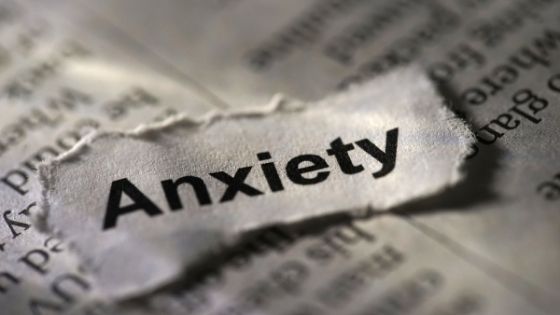Depression is a word that is commonly used in daily talks, mostly to indicate feelings of severe melancholy. However, it is more than that. It is a clinical disease that has afflicted between 20% and 60% of people in Pakistan, with youth being a large proportion of those affected. The increasing rise of this disease is cause for concern, and to learn why it has become such a major issue. Get the best Online Medicine Services at Dawaguru.
The impact of the Covid-19 epidemic has heightened the psychological crisis, as the number of persons suffering from such conditions has grown by 40% in some cases.
The findings surfaced from data acquired during a scientific study project done by the NED University of Engineering and Technology, which researched over 3,000 people at its Neurocomputation Lab, one of nine institutions established under the National Centre of Artificial Intelligence (NCAI).
Experts believe the study will aid in the development of new customized tactics for the identification and treatment of mental health concerns.
Introduction
Depressive disorders are the greatest cause of disability around the globe (1, 2). According to research, the majority of Common Mental Disorders (CMDs) manifest themselves before the age of 24. (3). Anxiety and mood problems are quite common among young persons aged 18–29. Almost 40% of young people have their first episode of depression before the age of 20, with an average onset age in their mid-20s (4). These are crucial years for schooling, career, and social ties.
Over the last decade, there has been a surge in interest in university students’ mental health. Depressive symptoms are reported by 24–34 percent of university students worldwide (5–9). Depressive disorders are a substantial contributor to years lost due to disability (YLDs) and disability.
Young people’s Adjusted Life Years (DALYs) (10). Depression occurring during the important era of transition from adolescence to adulthood may have negative consequences not just for growth and academic performance, but also for future employment and job productivity. Depression has been linked to early university dropout and low academic performance in studies (11–13). Furthermore, depression is linked to fewer job opportunities and insecure employment in maturity (14).
In conclusion, despite widespread discussion about mental health, there is still a long way to go for our culture to recognize it for what it truly is, especially when it is a frequent attribute among an age group viewed as carefree.
Heredity
People who have depressed or anxious parents or siblings are three times more likely to have these problems, according to research. However, you may wonder why it is getting more frequent now. Because mental health awareness has just lately been established in our culture, more individuals are coming out and seeking assistance. According to therapists, when a patient begins talking about their family, it’s often one of their parents who is exhibiting indications of mental illness but refuses to recognize it.
Environment
Young adults face a lot of strain in a nation like Pakistan, where even the most basic essentials of life, such as education, health care, and adequate housing, are difficult to get. Inflation and a lack of jobs generally take their toll on them, leaving them feeling forlorn, useless, and frightened, leading them to turn to smoke and drugs as a coping method for their terrible mental health.
Families in Disrepair
Although divorce rates in Pakistan are lower than in other nations, this does not imply that our family life is joyful. While our men are busy working around the clock, our ladies are primarily housewives who work all day, underpaid and unacknowledged. This vicious loop leads to a lack of communication, inexpressibility, and frequent fights between spouses.
It has an even greater impact on their families than it does on their relationships. Young people with depression and anxiety tend to have a history of battling parents who are so preoccupied with their own problems that their child is ignored.
Inadequate acceptance and support
The problem with mental disease is that it is difficult to detect. A person who appears to be tranquil on the surface may not be so on the inside. And, despite the fact that mental diseases are becoming more widely recognized and discussed, there is still a dearth of support from friends and family. They may recognize it to some extent, but sending the patient to a therapist is still regarded as taboo due to log kyakahenge.
In conclusion, despite widespread discussion about mental health, there is still a long way to go for our culture to recognize it for what it truly is, especially when it is a frequent attribute among an age group viewed as carefree.













